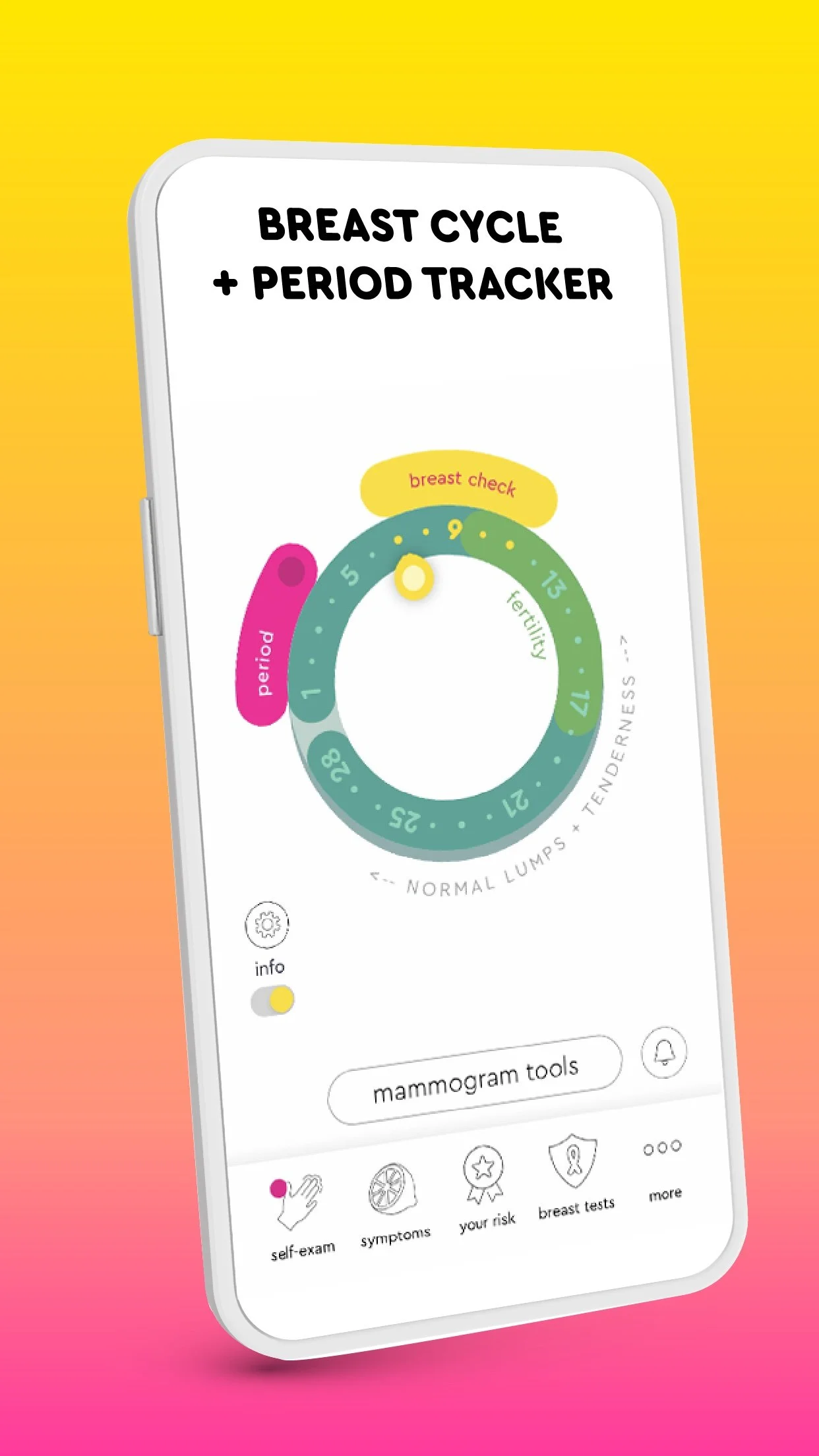Which Period Trackers Don’t Collect or Share Your Data? (Hint: Know Your Lemons.)
50 million people use period trackers – they’re typically free, but what is the cost for giving your data?
Period tracking apps are marketed as useful tools for people who are trying to have a baby, want to prevent pregnancy, or need to monitor menstrual-cycle-related health problems. But to do this, the apps collect incredibly personal information that can go well beyond the dates of your period. Depending on the app, how often you have sex, if you are trying to have a baby, have experienced a miscarriage, or are approaching menopause is all going into a database that is ready to sell to others who want to know that information about you.
How Know Your Lemons’ Period Tracker Protects Your Data
When we designed our Know Your Lemons app that helps track periods and helps you manage your breast health, we deliberately avoided collecting data from the start. At the most, you can opt-in to get our newsletter, but a friendly email —not timed to anything you have going on health wise— is all you will hear from us.
Our app uses a “period dial” to tailor it to how many days you bleed, how long your cycle is, and then estimates a vague fertility window based on that information. Importantly, it shows you the ideal time to do a self-exam or get a mammogram – when breasts are least prone to hormonal changes like lumpiness, swelling, and tenderness, all of which can make a self-exam misleading and a mammogram less accurate.
A lemon denotes which day of your menstrual cycle you’re on; if you need to adjust it, just move the lemon and it will update automatically. A push notification set by your phone –not a database– will let you know the ideal time to self-exam, and send you a few jokes or self-care reminders leading up to your period starting.
The Sweet with the Sour: No Data to Sell Means Less Money
There are downsides to not collecting data. For one, it means the app is funded through donations… which means we rely on people voluntarily supporting our work in order to scale it. As a bonus, that donation also funds our charity’s work in early detection worldwide through our classes in 54 countries, campaign in 31 languages, and keeping the app fresh and functional. So when you donate, it means you are help saving lives too as you use a handy tool to manage your health.
The second downside is that if you delete the app, the data is gone with it. So if you switch phones you’ll have to set your account up again, which takes a whole three minutes. ;) Why? Because, again, we don’t collect your data: it stays with you.
The upside? We know nothing about you (except that you’re pretty smart for prioritizing your health), and you get to learn a whole lot about yourself. And perhaps, like some women, you may find a lump much sooner than you otherwise would have.
Best. Period Tracker. Ever.
If it’s free, and funded by donations, does that mean it kinda sucks? Um, actually, no. Not even close. We’re the ONLY app of its kind nominated this year for a Webby Award, the second time we’ve had that honor. We’re recognized by the best in the industry as being a pretty incredible and beautiful app.
Lifesaving. No data collection. Award winning. Designed by women. Made by a charity. What more could you ask for in an app to track your periods and teach you how to take care of your breasts?

